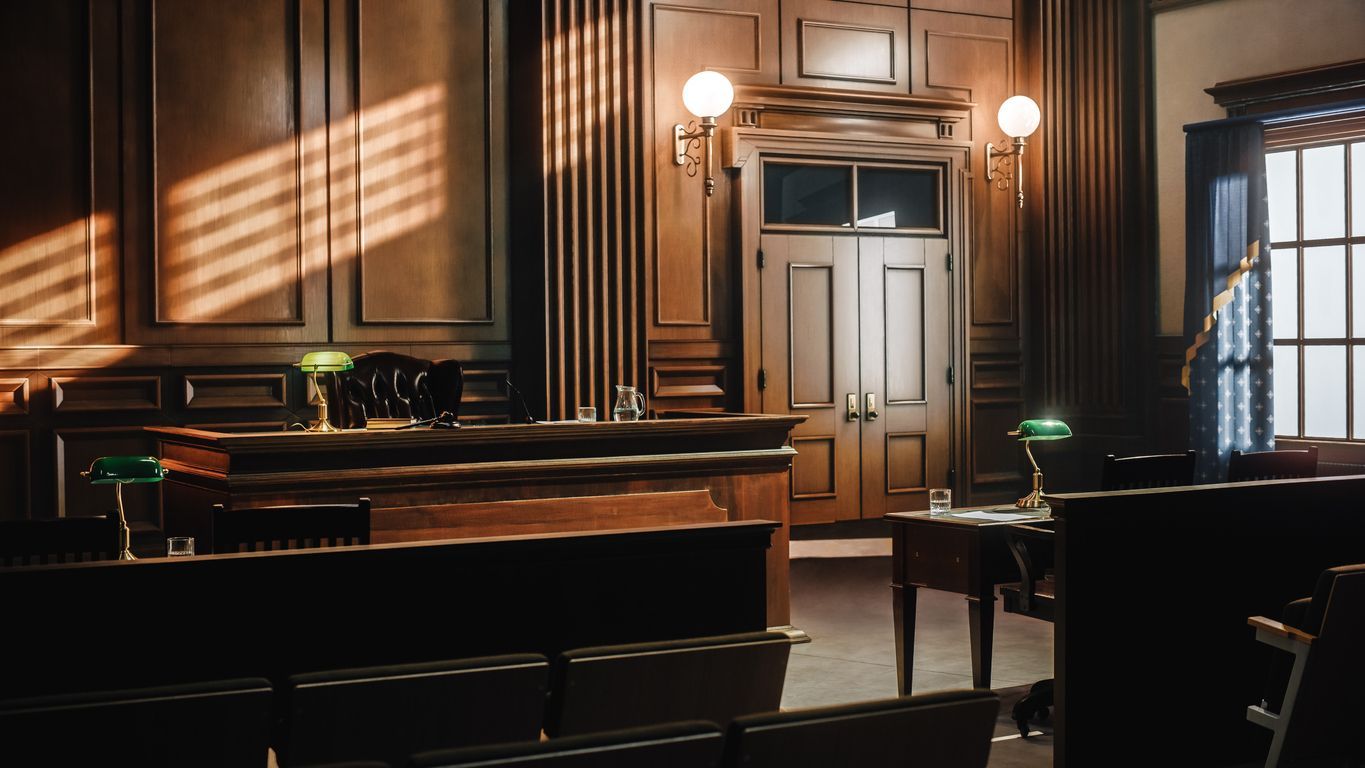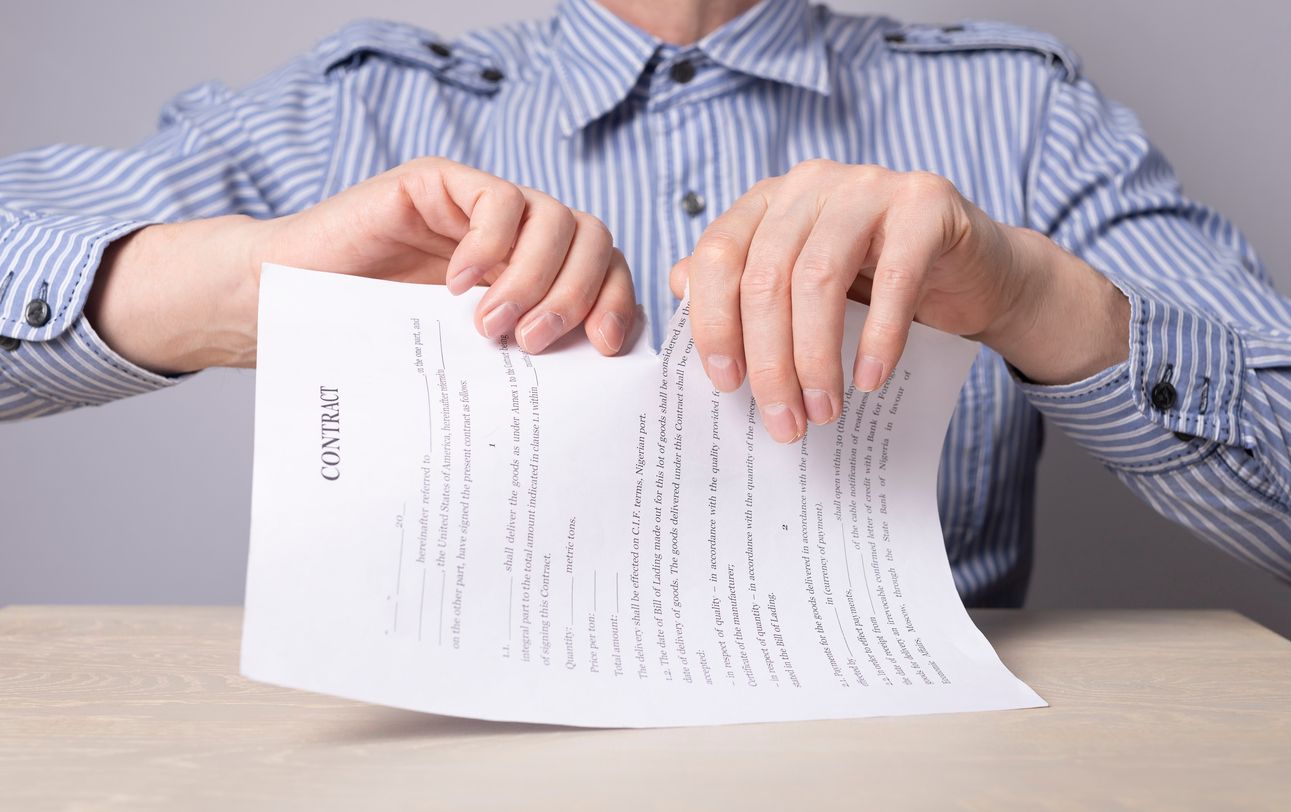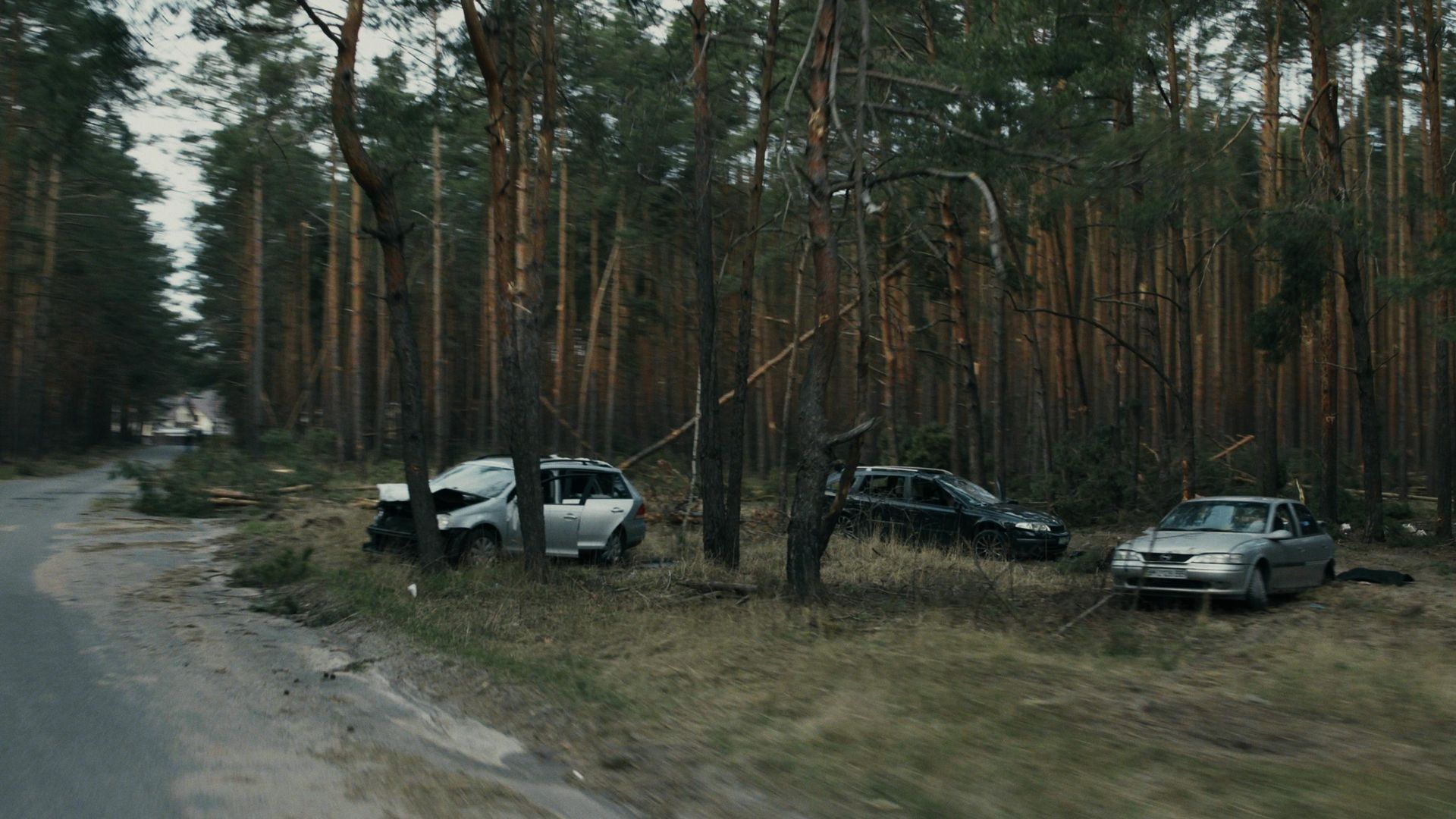What If My Spouse Won’t Cooperate In A Divorce?
Finder Law Serves Clients Across Jefferson City, Columbia, and Central Missouri
Getting a divorce is a painful process no matter how amicable you and your former spouse may be. Often, there will be obstacles put in place by the other party to either delay a trial or object to settlement offers. Sometimes, it may even become difficult to locate the other party if they have moved out of the area.
One of the most common questions people have about divorce proceedings is what happens if the other party refuses to cooperate or sign the divorce papers. In short, the answer is it does not matter. If you follow the proper procedures, file the proper paperwork and attempt service, you can get your divorce finalized without the cooperation of your former spouse. However, it can complicate and prolong the process.
If your former spouse is not willing to agree to the divorce, you will have to serve them with papers. This can be done by having a special process server or the sheriff find them and deliver the papers to them. Your spouse then has 30 days to respond. If they do not respond within those 30 days, you do not have to continue to notify them of upcoming hearings or deadlines. At that point, a final hearing can be scheduled with the court. You will need an experienced and competent attorney to prepare and file the proper documents and orders and to ensure a hearing is scheduled. There is nothing your former spouse can do to stop the process from moving forward.
The process is similar if you are unable to locate your spouse. If a special process server or the sheriff is unable to find them to serve the papers, you can notify them by publication. This means a notice is put in the local newspaper. This notice must run for 30 days. Once the 30 days are complete, the process would continue like normal.
So, what happens if you get to the end of the divorce process and your former spouse has previously been cooperating, but then refuses to sign the final paperwork? There are a few different options you have to complete the divorce process. First, you can proceed to trial. Rather than using a settlement agreement previously agreed to by both parties, the judge will have the ability to determine the final settlement. Trials are often expensive and time delays can occur because the court will have to schedule the trial. A second option is to have your attorney file a motion to enforce the settlement. If the judge signs the motion, you will avoid trial and the settlement will be final. Finally, you can have your attorney file a motion to enforce but also request a formal trial. This may benefit you if you feel you may get a better settlement upon a judge’s review. Once the trial is held, your attorney will try your case and the judge will make a final decision.
If you have decided to file for divorce, it is essential that you find a reputable family law attorney that can walk you through this complicated and stressful process. Daniel Finder is an experienced attorney with over 10 years of practice in family law. You’ll receive personalized legal advice from someone who is familiar with this complex process and will fight for you to receive the best outcome possible. Don’t make the mistake of trying to navigate this on your own- let Daniel Finder ensure everything is done properly, timely and advantageously for your position.
This blog is for informational purposes only and does not constitute legal advice. For specific guidance, please contact our office directly.












